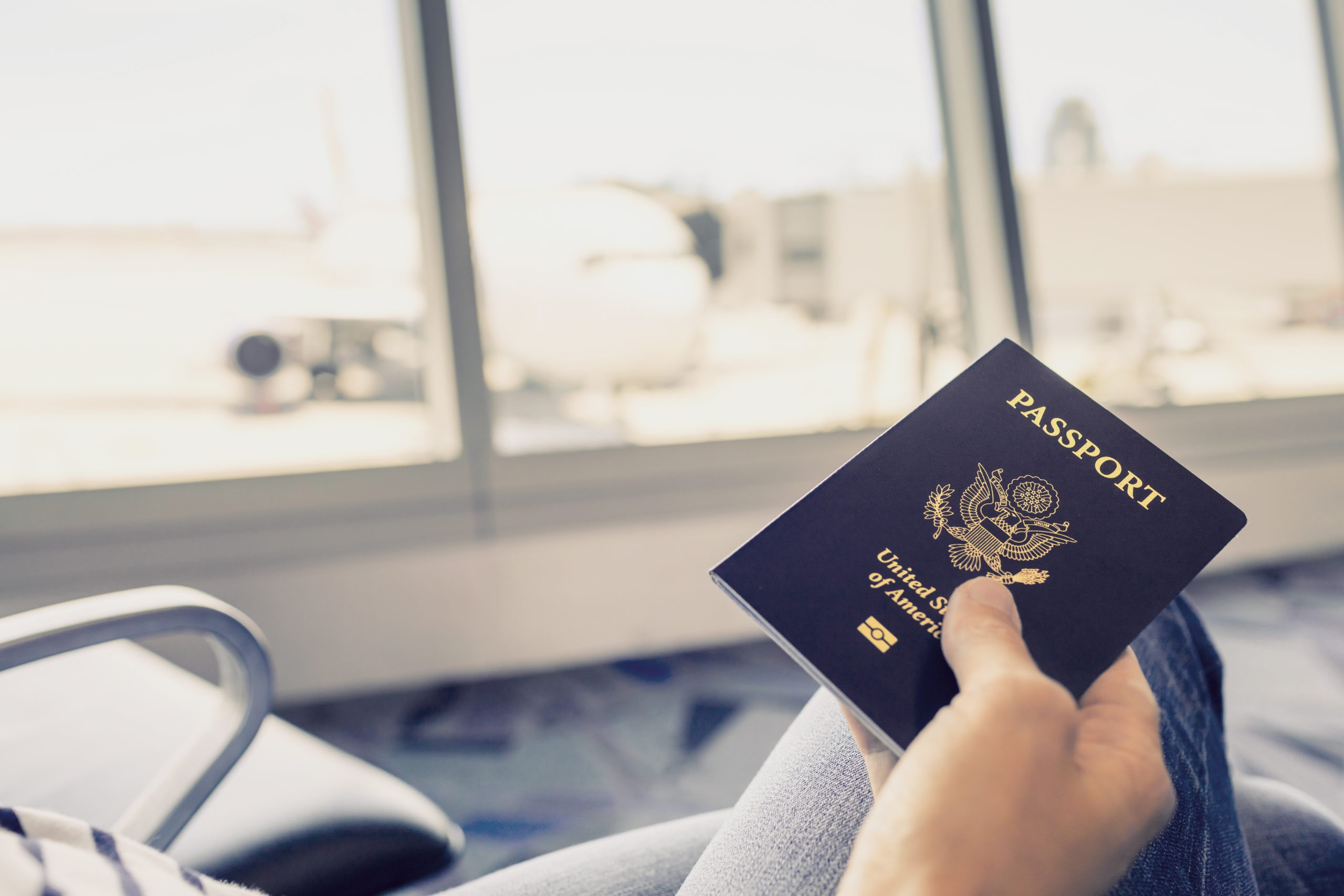Stay informed on the latest travel regulations and visa updates with our essential guide for corporate travel buyers and event planners.
From evolving entry requirements to key destination policies, this regularly updated resource helps you navigate international business travel with confidence and compliance and keep your travelers safe.
United States
Entry rules for US travelers
- Travelers, including US citizens, may face additional questioning by US Customs and Border Protection (CBP).
- US citizens and lawful permanent residents cannot be denied re-entry but must confirm their identity and legal status.
- Refusing to answer travel-related questions may result in delays or further inspection.
- CBP can inspect phones, laptops, or tablets.
- US citizens and lawful permanent residents may decline to provide passwords and cannot be denied entry for doing so, but could face delays or device seizure.
Entry into the US for international travelers
The Electronic System for Travel Authorization (ESTA) for visitors to the US has increased from $21 to $40.
A new “visa integrity fee” of $250 has been implemented on foreign nationals applying for non-immigrant visas to the US. This will affect individuals entering the US on tourism/business visas and work visas from non-waiver countries. Visitors from Visa Waiver Program countries will be exempt.
CBP may request electronic device access. CBP indicates that “less than 0.01 percent” of international travelers had their devices searched in 2024.
Travelers from visa waiver countries or with visas can be denied entry if they refuse access to their devices.
TIP: If concerned about sensitive information or data privacy, work with your IT department or consider have travelers download sensitive information to a device left at home during their trip.
Additional US entry restrictions – what travelers need to know
As of January 1, 2026, there are full entry suspensions for citizens from:
Afghanistan, Burkina Faso, Burma, Chad, Republic of the Congo, Equatorial Guinea, Eritrea, Haiti, Iran, Libya, Mali, Niger, Somalia, South Sudan, Sudan, Syria, Yemen, as well as people with documents issued by the Palestinian Authority.
There are limited visa suspensions for citizens from:
Angola, Antigua and Barbada, Benin, Burundi, Cuba, Dominica, Gabon, Gambia, Ivory Coast, Laos, Malawi, Mauritania, Nigeria, Senegal, Sierra Leone, Tanzania, Togo, Tonga, Turkmenistan, Venezuela, Zambia, and Zimbabwe.
Exemptions include: US lawful permanent residents, travelers with valid US visas issued prior to June 9, 2025, dual nationals using non-restricted passports, and certain humanitarian or diplomatic travelers.
Europe
EU Entry/Exit System (EES) – latest updates
The EU’s Entry/Exit System (EES) launched on October 12, 2025.
This automated IT system, capturing biometric data, registers travelers from outside of the EU or Schengen Zone every time they cross an EU external border. This data collection will be gradually introduced at border crossing points with full implementation by April 10, 2026.
It will also monitor if the traveler is staying within the rules of the Schengen visa entry and exit rules. Non-EU passport holders can only stay 90 days within 180 in the Schengen area. Longer stays will require different visas depending on where they are traveling to and from.
The implementation of the European Travel Information and Authorization System (ETIAS) will follow in the last quarter of 2026. The ETIAS will be an EU equivalent of the US ESTA, will cost €20 (approx. $23 USD) and be valid for three years or the lifecycle of the passport (whichever is first).
UK and Ireland
Entry into the UK: Electronic travel authorizations
Starting February 2025, 2026, the UK’s Electronic Travel Authorization (ETA) requirement will be strictly enforced. ETA is a legal requirement, and carriers will not board eligible visitors without one.
From this date, everyone (except British and Irish citizens) wishing to travel to the UK will need a permission to travel. Wherever possible, the permission will be digitally linked to the passport being used. This must be shown through an ETA, eVisa, other acceptable physical proof or an exemption. The fee for an ETA is £16 (approx. $21 USD).
China
Expanded visa-free access to China
Nationals from 48 countries (including Argentina, Brazil, and Saudi Arabia) can now enter China visa-free for up to 30 days for business, tourism, or transit.
Duty of care tips for international travelers
- Ensure possession of a valid passport (6+ months), an approved and valid ESTA or visa, and relevant travel documents (itinerary, tickets, boarding pass).
- Confirm visa type permits planned activities (tourism, business).
- During travel, carry copies of entry documents and comply with visa limits.
What does this mean for business travel in 2026?
Increased planning
Visa processes are becoming more time-consuming. Companies should start applications earlier.
Digital transformation
Systems like ETIAS, EES, and UK ETA reflect a global shift toward biometric and online pre-clearance. Travel managers should integrate these into booking workflows.
Cost implications
New fees may mean higher upfront costs. Budgeting for visa-related expenses will be essential in corporate travel planning.
Compliance and risk management
Stricter entry rules and tracking systems (e.g. EES) may increase the risk of non-compliance penalties. Businesses should ensure travelers understand and follow visa conditions.
Get in touch
Email us at [email protected] to discuss all of your corporate travel and event management needs.




